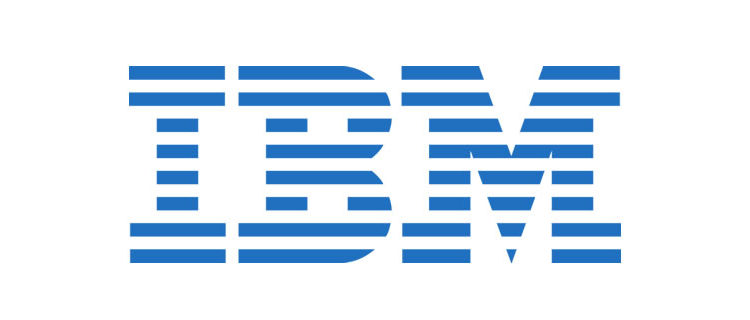Researchers from IBM Research in Latin America have developed a novel technology that analyzes the flow of fluids, among others, water, oil and carbon dioxide, within porous media such as rocks or soil. IBM FlowDiscovery (FD) aims to reduce the environmental impact caused by various industrial processes, from oil extraction to food cultivation.
Today, the inefficient use of water is one of the biggest problems in food production and energy generation. According to the Food and Agriculture Organization of the United Nations (FAO) [1], approximately 6 billion people will live in cities without enough water in 2050, if the current patterns of water use and management do not change.
Latin America has an important role to play in this context, since the region gathers approximately a third of the planet's water sources, but it also suffers from high water waste, mainly due to inefficient uses. In fact, a World Bank study [2] affirms that the high waste of treated water and the contamination of the rivers, lakes and springs of the Latin American continent limit the availability of water for human consumption, agriculture and industry.
Regarding oil extraction, worldwide, more than 50% of oil from reservoirs is trapped in rocky capillaries and its extraction is not possible [3]. The loss of finite natural resources could be dramatically reduced through the use of appropriate technologies.
"We hope FlowDiscovery can be applied more broadly to study fluid flow issues, helping to limit the use of valuable resources such as water in the industrial production process," said Mathias Steiner, principal investigator of the project and manager of Technology and Industrial Science at IBM Research in Brazil. "FlowDiscovery would reduce water consumption and optimize soil water retention in agriculture."
IBM FlowDiscovery comprises AI-enabled cloud-based software that simulates the process of recovering fluids trapped within the reservoir rock. In practice, it works in three steps: first, the user instructs artificial intelligence to compose complex fluids used in the process. In the second step, based on data from microscopic images, the user creates a 3D digital representation of the capillary network to simulate the flow of trapped liquids and create optimized recovery scenarios. In the third step, the user can validate the results of the computer simulation on a dedicated flow device, and provide laboratory validation prior to field application.
The technology has potential applications, for example in agriculture, civil engineering and natural resource management, to help industry optimize the use of water and chemicals, thereby reducing environmental impact.
The research that led to FlowDiscovery began with the analysis of rock samples from oil fields due to the large fraction of oil that is confined to small capillaries and therefore cannot be extracted. As an analogy, consider what happens to the water trapped inside a sponge. The same is true for oil trapped in rocks.
(See FlowDiscovery infographic)
FlowDiscovery is currently a research prototype that is being tested by industry and academia through pilot projects.
Strategic partners - Industrial applications and collaboration in scientific research
IBM is working with two strategic partners for FlowDiscovery:
Solintec , Brazil's largest provider of integrated geological services for the oil and gas industry, is recognized by IBM Research Brazil as a strategic partner for the joint development of solutions that allow FlowDiscovery to be applied to advanced oil recovery techniques. The goal is to create and implement a FlowDiscovery process that leverages existing oil exploration data, specifically oil well logs and geological analysis, to create high-precision computer simulations.
“For a geoscientist, understanding the composition of a rock with oil deposits is a great challenge. The objective is to develop a joint business model that allows us to apply FlowDiscovery in the oil and gas industry, ”said Felix Gonçalves, Director of Business Development at Solintec. "I believe that together we will develop a scalable business solution with great potential to transform the oil extraction process that will have positive impacts on the environment."
At the San Carlos Institute of Physics at the University of San Pablo (IFSC / USP) , researchers are using FlowDiscovery to conduct scientific research in digital rock physics. Joint research between IFSC / USP and IBM Research combines analysis of experimental data with advanced computer simulations.
IFSC / USP Professor Tito José Bonagamba commented: "This research collaboration between IBM and USP aims to test new algorithms and data analysis techniques for the future benefit of the Brazilian economy and to foster much-needed collaboration between the industry and the academic sector. "
[1] http://www.fao.org/news/story/es/item/283264/icode/
[2] https://www.bancomundial.org/es/news/feature/2012/08/30/agua-saneamiento-america-latina
[3] National Center for Biotechnology Information: https://www.ncbi.nlm.nih.gov/pmc/articles/PMC3866386/


